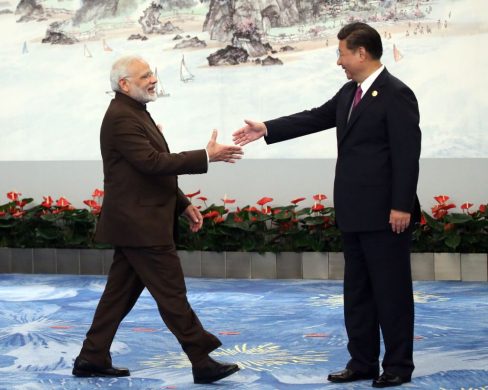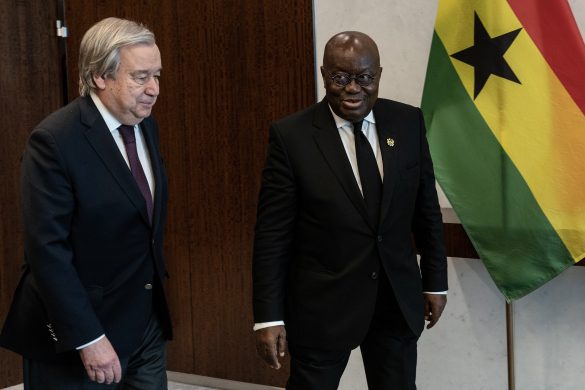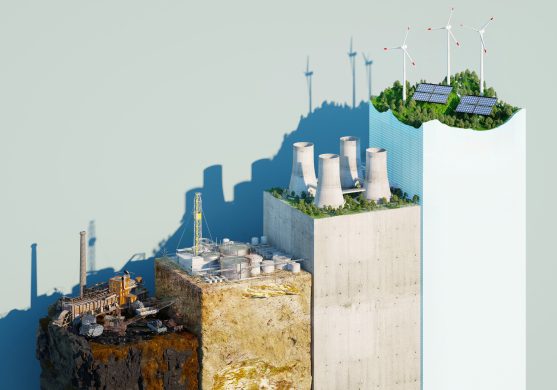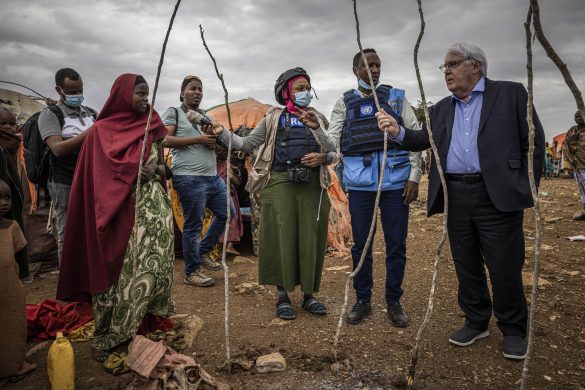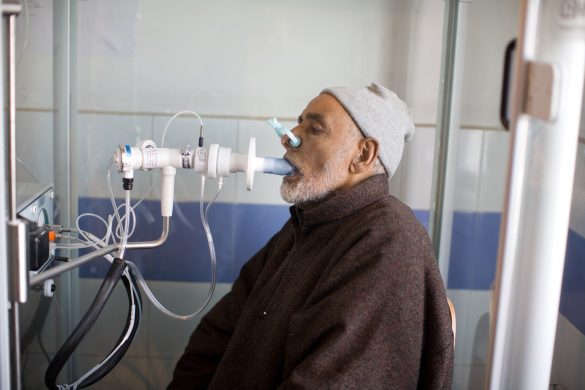Kinas topledelse har været i tæt dialog med Verdensbanken om ny rapport, der lægger op til ny model for udviklingen af landets millionbyer. Blandt andet anbefales et opgør med formand Mao’s gamle ‘hukou’ system, der gør migrantarbejdere til andenrangsborgere i byen.
Beijing, March 25, 2014 (World Bank): A new report recommends that China tackle environmental degradation and other strains(belastninger) of rapid urbanization by systematically changing how it allocates land, people and capital across the nation.
Building denser, rather than larger, cities, will help China cut down on traffic congestion, air and water pollution and the maintenance costs for infrastructure services, according to the report by the World Bank and the Development Research Center of China’s State Council.
With more efficient, denser cities China can save some 1.4 trillion (billioner USdollars) in infrastructure spending – or 15 percent of last year’s GDP. It also will help preserve the amount of farmland still available, currently close to the red line considered to be the minimum needed to ensure food security.
260 mill. migrantarbejdere er ofre for det gamle hukou-system
Cities may need temporary subsidies to help them transition from the “hukou” household registration system to one based on residency, allowing them to eventually provide 260 million migrants basic public services, the report says. (Hukou er et registreringssystem der blev indført af formand Mao i 50’erne som et middel til at kontrollere migrationen fra land til by. Folk bliver registreret som hjemhørende i deres fødeby, hvilket betyder at migrantarbejdere ikke har ret til de samme offentlige ydelser, som bolig, retshjælp og skolegang som beboerne i byerne).
It also calls for China to enforce existing environmental laws, regulate local government borrowing, and encourage cities to generate more revenue through measures such as property and car taxes.
Flyt industri til mellemstore byer for at lette presset
“The comprehensive agenda will give China the necessary tools to move toward an efficient, inclusive and sustainable urbanization process,” said Axel van Trotsenburg, World Bank East Asia and Pacific regional vice president. “The proposed reforms would accelerate the shift of industry to secondary cities in China, reduce the migration pressure on large cities, and eventually lead to higher wages for its citizens and more equitable growth.”
The report was prepared over the last 14 months and the interim reports were shared on a continuous basis with China’s top policymakers as input to the government’s policy discussions on urbanization, providing an important basis for the formulation of policies on China’s new model of urbanization.
China’s urbanization challenges
Læs mere på: http://www.worldbank.org/en/news/feature/2014/03/25/reforms-in-land-use-and-local-finances-will-help-make-chinas-urbanization-more-efficient






